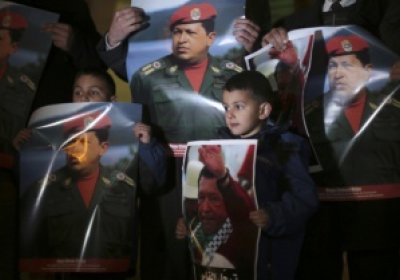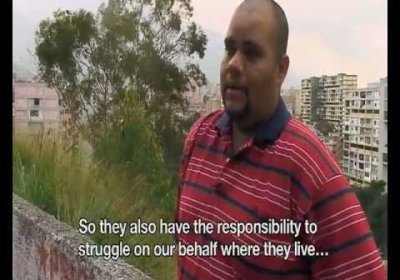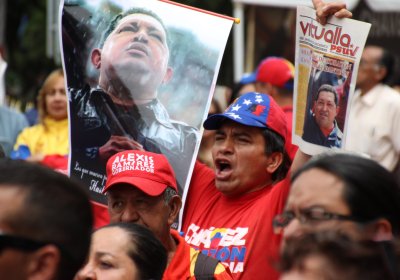Venezuela
The latest Green Left Report discusses the passing of revolutionary Venezuelan president Hugo Chavez, and his legacy in Venezuela, Latin America and globally.
On Tuesday 5 March, at the age of 58, Venezuelan president Hugo Chávez lost his almost two-year battle with cancer and passed away. Within seconds of the news being announced, the wheels of the global media bandwagon went into overdrive, with largely unsurprising results, in both the US and British media.
When Hugo Chávez triumphed in the 1998 presidential elections, the neoliberal capitalist model was already floundering. The choice then was whether to re-establish the neoliberal capitalist model — clearly with some changes including greater concern for social issues, but still motivated by the same logic of profit seeking — or to go ahead and try to build another model.
- Previous page
- Page 47
- Next page










